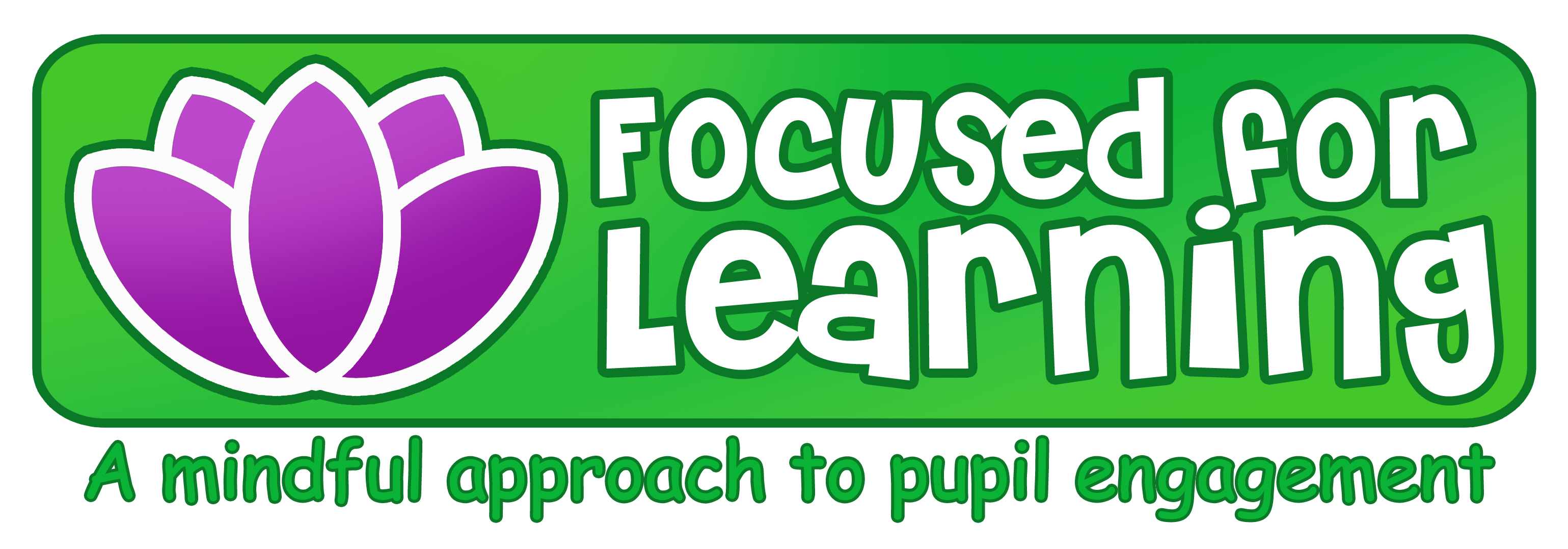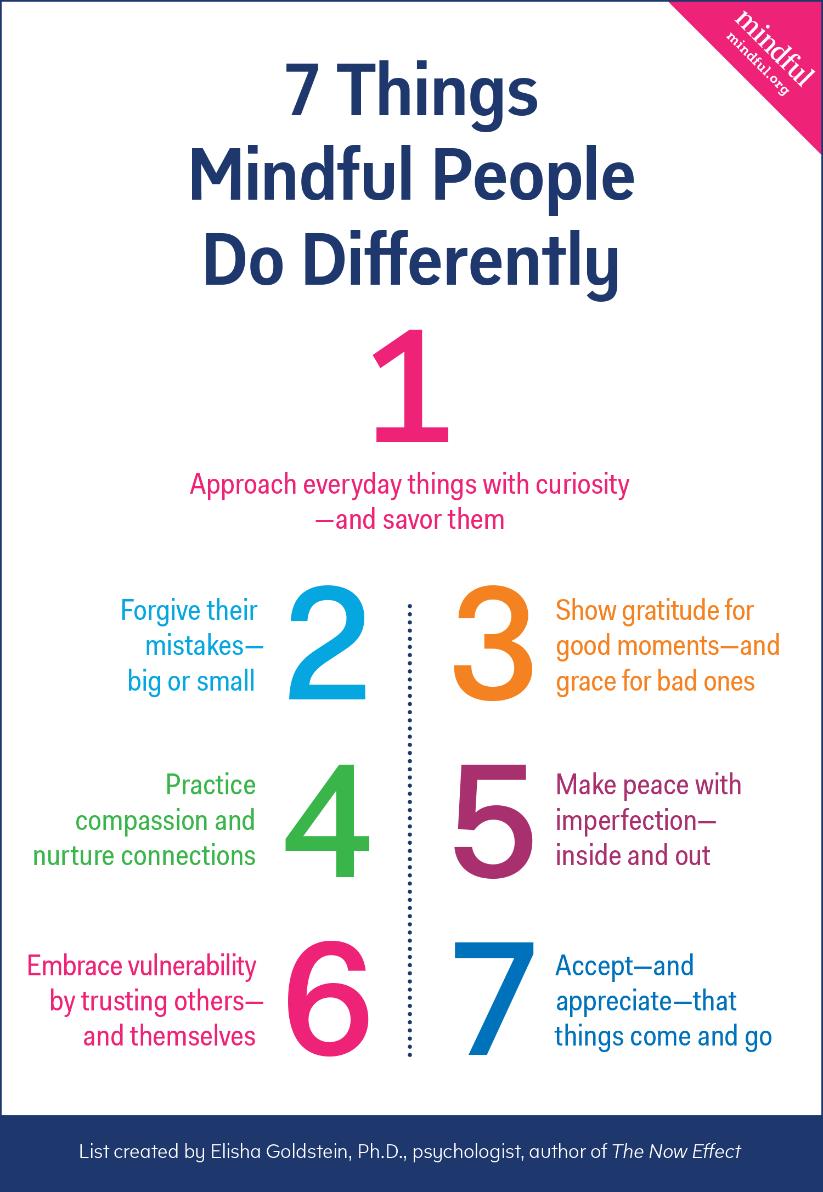Focused for Learning

The children and young people of our county, have told us through the Gloucestershire Online Pupil Survey that they are finding the emotional pressures of 21st century living difficult to manage. In response to what they have told us we have produced a suite of teaching resources to help classroom practitioners improve the mental health of their pupils.
This resource aims to help children calm their minds, to focus on the present, and to stop intrusive thoughts, including angry feelings, from sabotaging their learning. Mindful learning offers a very potent route to both happiness and attainment.
This resource has been written to support children’s learning through a range of simple ‘focusing’ techniques.
The activities are based on the principles of mindfulness, of teaching children to be more present with their attention and to develop increasing control over managing the many disruptions that fill our minds and hinder our ability to give our attention fully to the task in hand.
It can be used by any classroom practitioner and does not require any experience of mindfulness practice. Use of the materials can be adapted to suit individual needs but to fully maximise their impact, they are best used when the group leader is also taking part in the activities rather than just talking them through – they are designed to be fully inclusive!
A suggested survey is included with the resource to allow you to measure impact. This could be used as an intervention for the Gloucestershire Healthy Living & Learning (GHLL) Award.
Click here to download the GHLL Focused for Learning resource.
The Learning Zone vs The Performace Zone
Research has shown that many of us don't improve much despite our hard work because we tend to spend almost all our time in the performance zone. This hinders growth and ironically, long term performance. Both zones are essential but require us to switch between them. So how can we spend more time in the learning zone? Read more here (go to the middle of the page). .
Adaptations for Older Children and Young People
Most of the activities in this resource are based on the 8 week mindfulness programmes for adults; they have just been adapted to suit a younger audience but their relevance and effectiveness will impact users of any age.
As the facilitator, you are best placed to gauge which activities may prove more challenging for your class and you can then adapt or leave out sections. However, do keep an open mind as your class may well surprise you with how easily they engage with the various activities.
Take the activities at your own pace; some cohorts may benefit from really embedding Stop and Take a Breath, Good Posture and Inviting the Bell, before being ready to explore the other sensory meditations. The numbers that you are working with may also shape which activities you try, for example, the Relaxation Walk would work best with a smaller group unless they are all very ‘tuned in’ to the principles.
Exam Stress and Revision
Exam Stress: A Revision Guide for the Anxious. Thousands of pupils across England, Northern Ireland and Wales have started their GCSE exams, marking the beginning of what can often be a stressful and anxious time for teenagers and parents alike. Advice on preparing their favourite dinners, to managing expectations (yours and theirs), experts offer their tips on what parents can do to help in the coming weeks.
Strategies for Effective Learning:
- Spaced Practice- space out your studying over time
- Retrieval Practice- practice bringing information to mind
- Elaboration- explain and describe ideas with many details
- Interleaving- switch between ideas while you study
- Concrete Examples- use specific examples to understand abstract ideas
- Dual Coding- combine words and visuals
The Mental Health Foundation
With a growing number of people using the online mindfulness course - Be Mindful Online - it is great to see more employers, support organisations and NHS services using the course with their staff, beneficiaries and patients!
- Try a free 3-minute breathing space exercise
- Download free "how to look after your mental health using mindfulness"
Mindfulness Activities for Children and Young People

GHLL Lead Teachers have put together a selection of mindfulness activities which can be used with individuals, groups or classes of children and young people. They are suitable, or easily adaptable, to be used with students of any age.
Download the GHLL mindfulness activities here.
Tagged under: behaviour, mental illness, mindfulness, resilience, responsibility, sleep, healthy lifestyles, stress, exam stress, revision, Key Stage 1, Key Stage 2, Key Stage 3, Key Stage 4, six strategies to effective learning; performance zone, learning zone
Was the information on this page helpful? 


